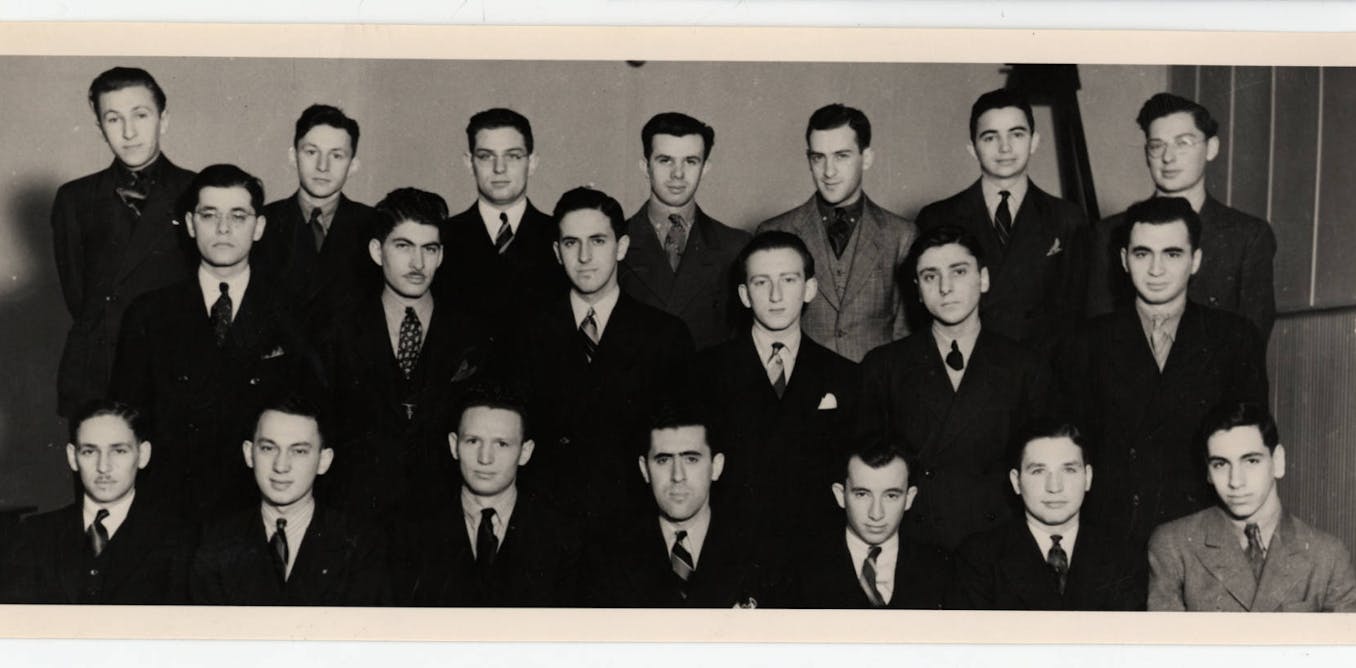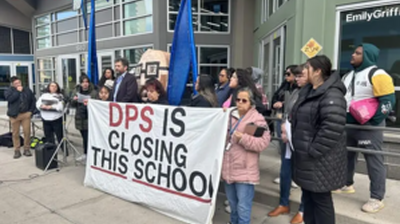Education
Could a potential school choice ballot measure lead to a voucher program in Colorado?

A proposed ballot measure pushed by conservative political nonprofit Advance Colorado Action aims to protect the right to school choice in Colorado’s constitution, cementing parents’ ability to send their children to any public school, charter school, private school or homeschooling program they want.
But some education advocates and policy experts see a hidden motive, saying Initiative 138 could lead to a statewide voucher program that uses public dollars to send children to private schools, including those with a religious affiliation.
“I think it’s a steppingstone,” Kevin Welner, director of the National Education Policy Center and a professor in the University of Colorado Boulder School of Education, told The Colorado Sun. “If the initiative passed, it could be a central part of a larger campaign, political and legal, that could ultimately result in a voucher program in the state. But I think that strategy looks to a five- to 10-year window or even longer and would have to have a lot of dominoes fall.”
Proponents say the measure simply strengthens school choice protections already found in state law — and they deny that the proposal is a school voucher play in disguise.
The proposed ballot measure is the latest salvo in a long political fight over what role school choice should play in Colorado’s education system and the degree of accountability and transparency charter schools in particular must uphold. Charter schools have been a regular subject of contention at the state Capitol, where lawmakers have repeatedly jousted over how tightly the state should regulate them, with charter school advocates calling state regulations an obstacle to innovation in the classroom.
☀️ READ MORE
Struggles to place kids with disabilities in right preschools forces Colorado to change enrollment
Should all Colorado substitute teachers be members of PERA? The question is headed to court.
It’s taken 150 years, but Colorado’s deaf school finally has a superintendent who is deaf
Critics of charter schools say they take too much funding from traditional public schools, without being required to meet the same level of quality.
Last year, a bill introduced by a group of liberal Colorado Democrats sought to impose sweeping reforms on charter schools in the interest of making them more transparent and accountable. That legislation, which charter school advocates called “a blatant attack on charter schools and charter school families,” failed.
Previous attempts to launch a voucher program in Colorado have likewise failed. The few school voucher programs that did manage to move forward were legally challenged and ultimately dissolved, including a school voucher law rejected by a Denver judge in 2003 on the grounds that it violated local control provisions in the state Constitution.

Debates over funneling public dollars to religious schools — both private and charter schools — have also swirled in other states in recent years. The Oklahoma Supreme Court in June struck down a school poised to become the country’s first publicly funded religious charter school. Another effort to benefit private religious schools with public funding through a tuition assistance program in Maine prevailed in 2022.
Proponents say Initiative 138 is needed to protect school choice from repeated attacks
Initiative 138 in Colorado would add another layer of protection beyond state law by reinforcing in the state Constitution the right for parents to choose whether to enroll their child in a public school, charter school, private school; homeschool them; or send them to another district through open enrollment. The measure has not made it onto the November ballot yet. Sponsors submitted about 201,000 signatures in support of the initiative to the Colorado Secretary of State’s Office last week.
State elections officials have until Aug. 22 to review signatures. The ballot measure would need 55% of voters to approve it in order to pass.
Michael Fields, president of Advance Colorado Action, said the proposed ballot measure is necessary because Colorado school choice laws are statutory, meaning “they could change at any point.”
“We’ve had broad bipartisan support of school choice for decades here, but I feel like that might not be the case in the future,” he said. “We’ve seen legislation this year going after charter schools. I think that will continue in the future from some legislators.”
Fields, who previously taught at a charter school and whose children attend district neighborhood schools in Douglas County, said Initiative 138 is not paving the way for a voucher program in Colorado, particularly since there is no cost associated with the measure.

“This is strictly locking in what we already have in place,” said Fields, who describes himself as a proponent of Education Savings Account programs, which give families government subsidies to fund tuition at private schools as well as pursue private tutoring, online classes and extracurricular activities.
“I just think that parents should be in charge of education,” he said. “I think it’s easier when they have resources to send their kid to the school that they want to. I believe that there’s good fits for kids in all different types of education. I just think that the options should be available for everybody.”
Fields said his organization’s lawyer submitted multiple possible measures to the Title Board to see which ones the Title Board would accept, which ones would abide by the mandate to address a single subject in a ballot measure and what the formal language of different versions would look like.
One submitted measure included text reflecting a voucher program: “Parents and guardians have the right to direct per-pupil funding for their child to the schooling of their choice.”
That language is not part of Initiative 138.
-

 Education10h ago
Education10h agoWhat would it mean if President-elect Trump dismantled the US Department of Education?
-

 Education3d ago
Education3d agoPhiladelphia students have a new reading and writing curriculum − a literacy expert explains what’s changing
-

 Education3d ago
Education3d agoWhy school police officers may not be the most effective way to prevent violence
-

 Education3d ago
Education3d agoColorado schools commit to protecting students ahead of potential mass deportation
-

 Education6d ago
Education6d agoCampus diversity is becoming difficult to measure as students keep their race and ethnicity hidden on college applications
-

 Education1w ago
Education1w agoFederal judge rules that Louisiana shalt not require public schools to post the Ten Commandments
-

 Education1w ago
Education1w agoCampuses are ground zero in debates about antisemitism − but that’s been true for 100 years
-

 Education1w ago
Education1w agoSocioeconomic status explains most of the racial and ethnic achievement gaps in elementary school
















